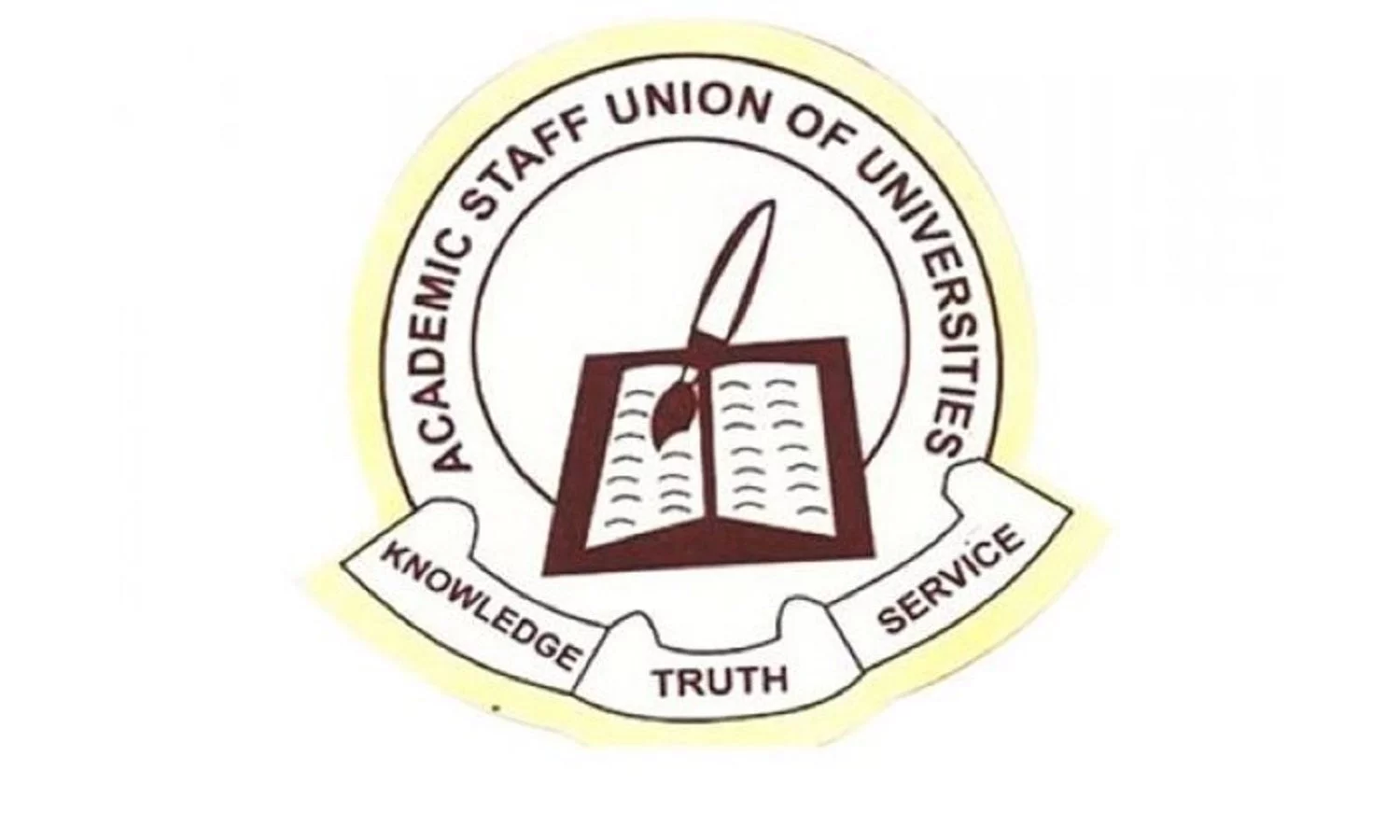A discussion forum on good governance which held at UniAbuja recently has frowned over what it described as the one-sided implementation of the present administration’s war against corruption and the exclusion from the campaign of several abominable conducts which rank among corrupt practices.
Initiated by the Department of Political Science and International Relations, University of Abuja, the forum brought together academic experts, civil society groups, the media, students, government officials, political actors and diplomats, among others, to critically review the nation’s electoral processes and governance issues.
Discussants concluded that the nation’s anti-corruption war had not been making the expected impact on society because of the selective approach in its implementation and the absence of stiff punishment for such corrupt behaviour like sexual harassment in offices and schools, apart from the misuse of public office which leads to political corruption.
The panel reviewed the “disconnected, nonchalant attitude” of the political class towards politics, the people as well as elective offices and called for improved transparency, responsiveness and accountability in the nation’s governance system to make it more representative.
Lead discussant, Mr. Ezenwa Nwagwu, who is the executive director of Peering Advocacy and Advancement in Africa, regretted that Nigerian voters have cheapened themselves for politicians who are ever ready to take advantage of willing voters.
Nwagwu argued that many people have made nonsense of their Permanent Voter Cards (PVCs) by selling and exchanging the them for pittance thereby making it impossible for the electorate to hold elected public officials accountable even when there are glaring evidences of non-performance by politicians.
Sponsors of the public forum, Action Aid, represented by its country director, Mrs Ene Ede, in a brief remark, stated that the agency will support every viable peaceful process aimed at galvanising the electorate for inclusive participation in governance.
Ede harped on the need for the implementation of stiffer penalties for sexual harassment, and misuse of official positions. While declaring that such practices were other forms of corruption, the director said that Nigerians deserve a government that would be more accountable to the people.
Dean, Faculty of Social Sciences, University of Abuja, Professor Yusuf Alli Zoaka and HOD, Political Sciences and International Relations, Professor James Nda Jacobs, aligned themselves with the argument of the discussants for a thorough review of the electoral and governance systems to make them more transparent and accountable.
Zoaka faulted the Not-Too-Young-To-Run law declaring that it cannot be implemented to benefit the youth. In order to resolve the problem, he advocated that some quotas of political positions should be reserved for youths and women to guarantee proportional participation in politics and governance.


